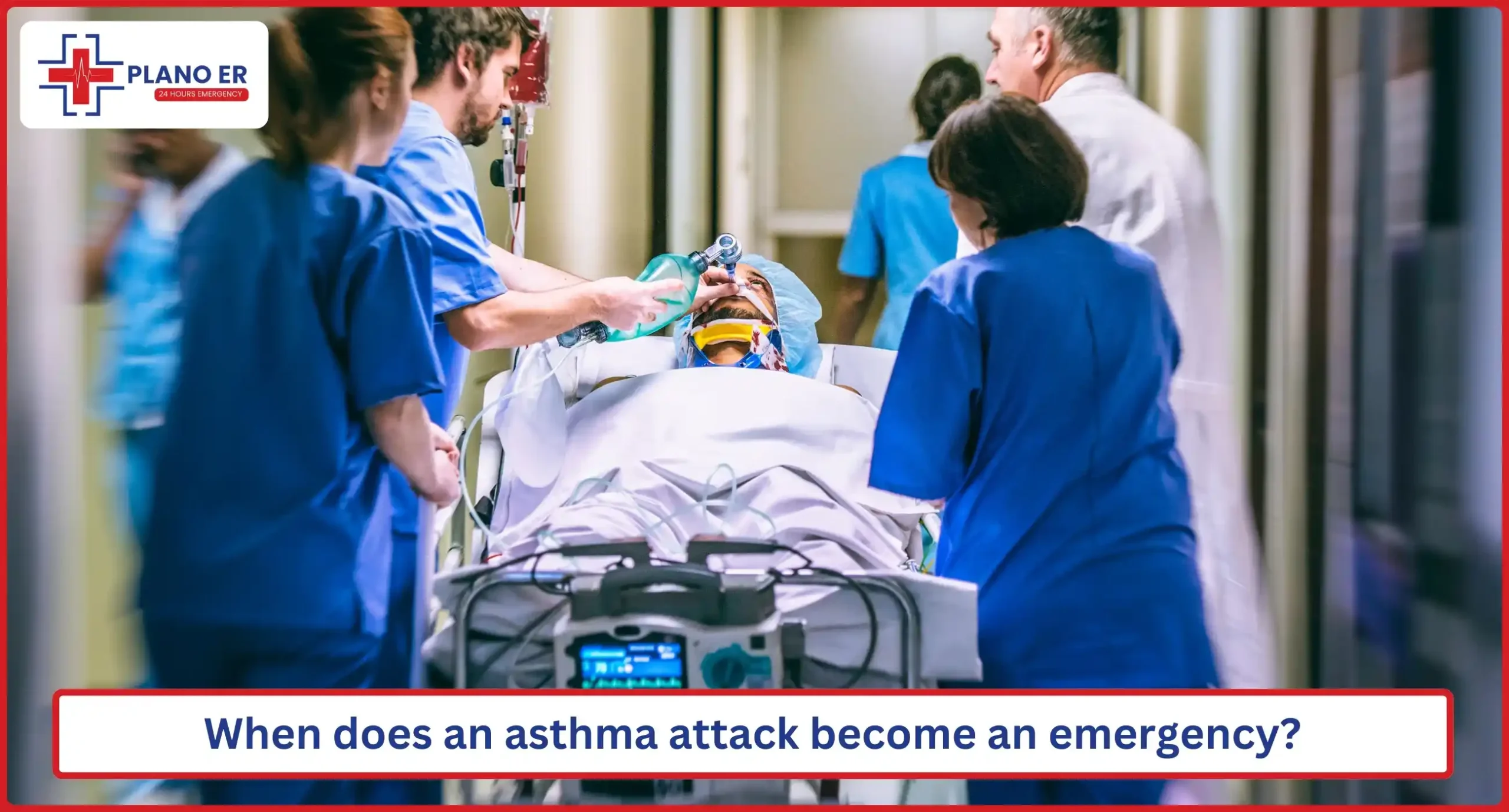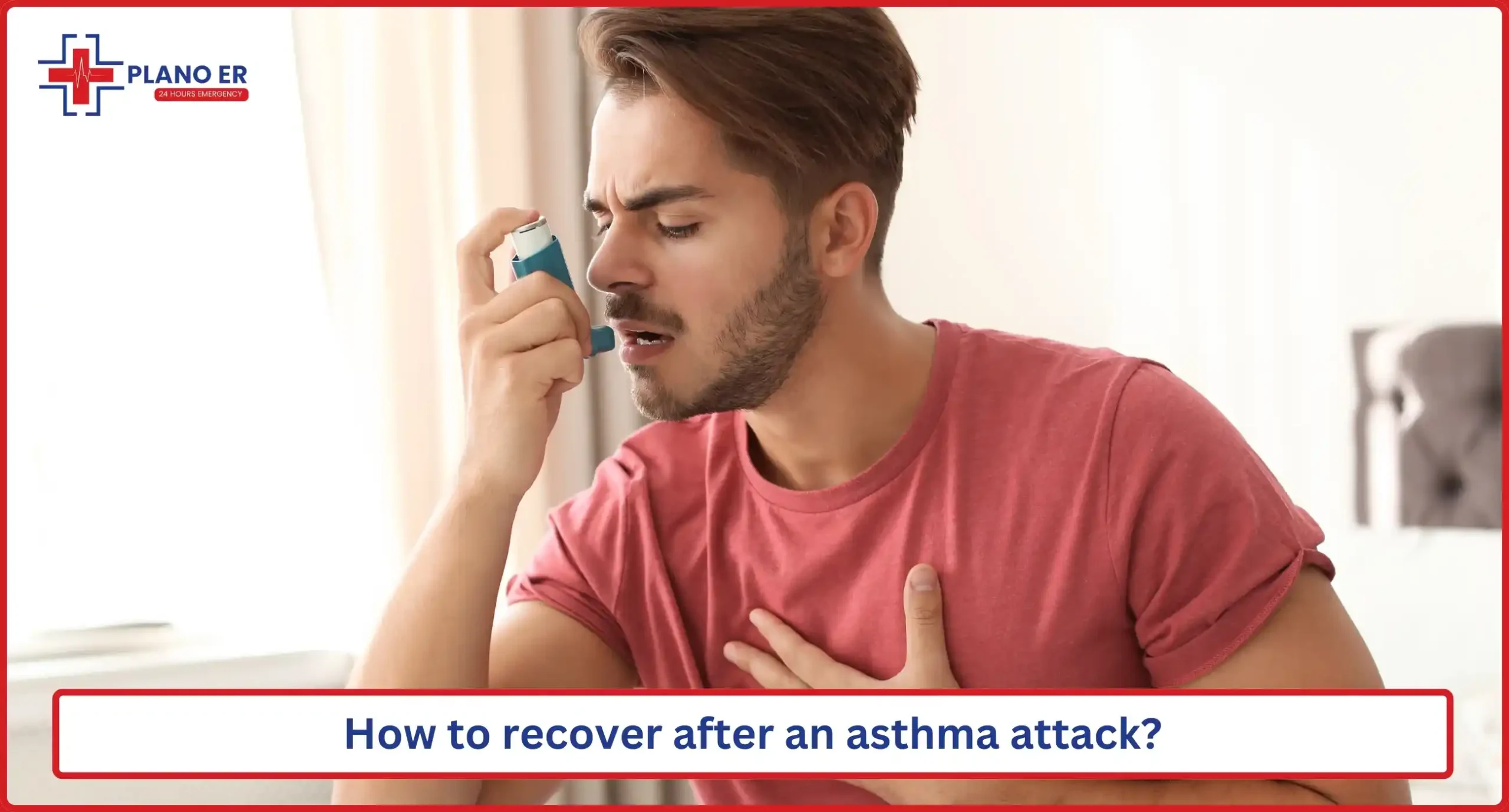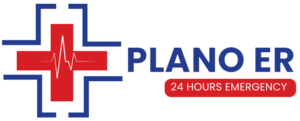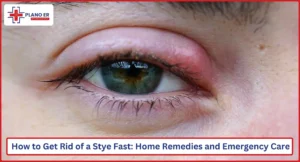Asthma attacks can happen suddenly, causing intense struggling while breathing. Understanding what triggers these episodes is essential to preventing serious asthma problems. Common causes include allergens, air pollution, tobacco smoke, and respiratory infections. Physical exertion, stress, and sudden weather changes can also give rise to severe asthma attacks.
By knowing about these triggers early, you can take helpful steps, including using a rescue inhaler or seeking urgent nebulizer therapy, to reduce the risk of worsening asthma problems and the need for emergency care.
If you suffer from frequent asthma attacks or want to consider a healthcare provider’s suggestions, then visit us at Plano ER, where we offer 24/7 emergency asthma treatment, handling everything from severe asthma attacks to sudden shortness of breath.
Let’s discuss in detail when you require emergency asthma treatment so that you know when to visit Plano ER for urgent medical assistance.
When does an asthma attack become an emergency?

Not all asthma attacks can be mild, which are easily manageable at home with an inhaler; certain warning signs indicate a severe asthma attack that requires immediate ER care.
It is important to know the warning signs of when an asthma attack requires immediate medical attention. This helps in quick action and avoids the chances of serious complications.
Seek emergency asthma treatment right away if you notice:
- Difficulty speaking in full sentences or feeling breathless even while resting
- Blue lips, fingernails, or face
- Chest tightness that does not improve with an inhaler
- Rapid breathing
- Persistent coughing along with breathing difficulty
- No relief after using a rescue inhaler or nebulizer
At Plano ER, our experienced emergency physicians are trained to handle emergencies and provide urgent asthma problem treatment.
What Causes an Asthma Attack?
Asthma attacks occur when the airways in the lungs become inflamed and narrowed, causing difficulty breathing. Common causes include exposure to allergens, smoke, and pollution. In some cases, respiratory infections or intense physical activity can also trigger breathing difficulties that might require an emergency.
People often suffer from asthma due to genetics. Patients suffering from asthma problems might get an attack due to frequent flare-ups due to poor air quality, and missed medications.
If symptoms like shortness of breath, chest tightness, or persistent wheezing do not improve with an inhaler, seek immediate help at a walk-in ER for asthma attacks or urgent nebuliser therapy near you to prevent severe respiratory distress.
Why Choose Plano ER for Asthma Treatment?

Plano ER is your trusted destination for Emergency Asthma Treatment in Plano, TX. Our 24/7 facility delivers fast, effective care for patients experiencing severe asthma attacks, shortness of breath, or respiratory distress emergencies.
Asthma problems can be a concerning situation as they might stop you from doing daily activities. Our board-certified physicians are trained to manage even the most critical cases. We offer comprehensive lab testing with same-day results so that you can offer treatment instantly.
Whether you’re looking for on-site emergency medical services or a routine check-up for your asthma, visit our ER for the best medical service.
How to recover after an asthma attack?

Recovering from an asthma attack might take more time than usual. Lungs and body might take a while to completely recover and to get back to normal body flow. Even after symptoms ease, your airways can remain inflamed and sensitive for several days.
Below are a few helpful tips you can follow to completely recover after an asthma attack emergency:
Rest and Rehydrate
- Avoid strenuous activities for at least 24–48 hours.
- Stay hydrated and Drink water and warm fluids.
- Use a humidifier to gently moisten the air.
Notice when you breathe
- Use a peak flow meter to monitor lung function.
- Do not ignore wheezing, coughing, or chest tightness
Visit a doctor
- Take the doctor’s prescribed inhalers and medication dose only.
- Tell your doctor about the trigger factors that caused the attack.
- Take the lung tests as recommended by the doctor to observe the recovery.
Use Medication as Prescribed
- Take controller inhalers or oral corticosteroids as prescribed.
- Always keep a rescue inhaler with you.
- Avoid skipping doses.
Avoid Triggers
- Clean your home regularly to avoid dust.
- Avoid smoking and exposure to smoke.
- During seasonal changes, consider wearing a mask outdoors.
Resume Normal Activities Slowly
- Start with light activities such as walking.
- Avoid overexertion until your lungs are fully recovered.
- If you feel shortness of breath or wheezing, pause and rest.
Final Thoughts on Asthma Treatment
Asthma attacks can be sudden but harmful to your health. Proper, timely care and preventive measures can avoid complicated situations. It is important to know your triggers, follow the prescribed medication plan, and also know when to manage the asthma problem.
Waiting too long until the signs become more serious can be dangerous. This is because it may cause instability or have a severe impact on the lungs and breathing system. With the help of the right treatment and taking necessary precautions, you can stay safe and healthy.
Suppose you’re looking for a trusted ER service for asthma treatment. In that case, Plano ER is here to provide immediate, expert care for severe asthma attacks, shortness of breath treatment, and respiratory distress emergencies.
Don’t wait for too long; reach out to us at Plano ER for the best urgent medical services for asthma treatment without any prior appointment.






